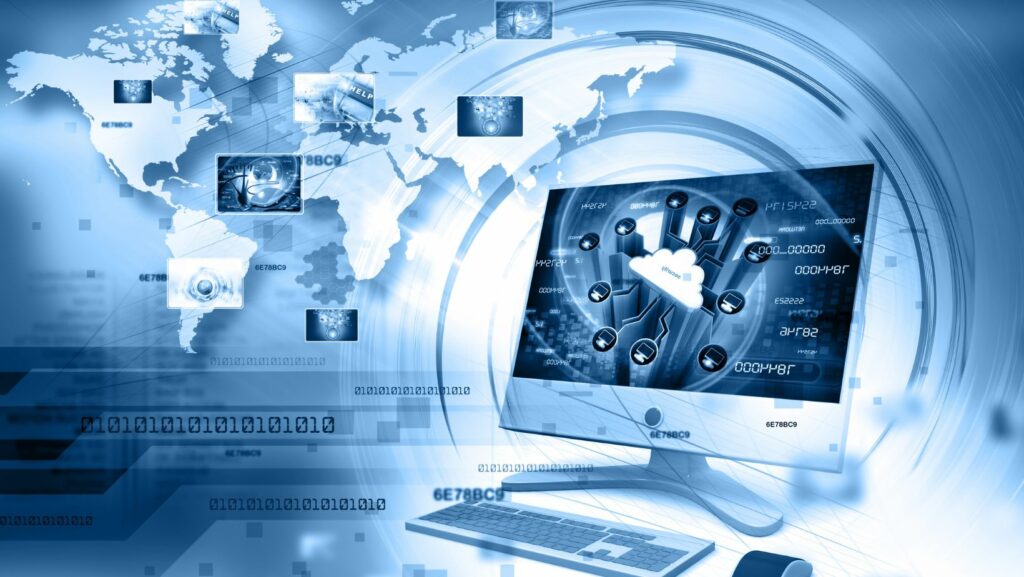In the digital age, the allure of free software can be tempting, leading many to consider pirated operating systems as a cost-effective alternative to licensed versions. However, the risks and consequences associated with using unauthorized software are often overlooked. Pirated operating systems not only violate intellectual property laws but also pose significant security risks to users.
When individuals install pirated software, they expose themselves to potential malware and cyber-attacks. These systems often lack critical updates and support from the original developers, leaving users vulnerable to a host of digital threats. Moreover, the ethical and legal implications of using pirated software can lead to severe penalties, including fines and legal action.
Understanding the full scope of these risks is crucial for anyone considering this route. It’s essential to weigh the short-term benefits against the long-term pitfalls that could compromise personal data and system integrity.
Pirated Operating Systems
What Are Pirated Operating Systems?
 Pirated operating systems are unauthorized copies of software that have not been acquired through legal means. These systems are often distributed without the original manufacturer’s permission, bypassing the necessary licensing fees and violating copyright laws. Typically, pirated copies are available through illicit websites, peer-to-peer networks, or unauthorized third-party vendors. Users might be drawn to pirated software due to the appeal of accessing expensive operating systems without the associated costs. However, they often contain vulnerabilities, as they do not receive official updates and support.
Pirated operating systems are unauthorized copies of software that have not been acquired through legal means. These systems are often distributed without the original manufacturer’s permission, bypassing the necessary licensing fees and violating copyright laws. Typically, pirated copies are available through illicit websites, peer-to-peer networks, or unauthorized third-party vendors. Users might be drawn to pirated software due to the appeal of accessing expensive operating systems without the associated costs. However, they often contain vulnerabilities, as they do not receive official updates and support.
Economic Impact of Pirated Operating Systems
Losses to Software Developers
Pirated operating systems result in significant financial losses for software developers. As these illegal copies circulate without proper licensing, developers do not receive compensation that should fund research, development, and support services. In 2021, the software industry reported that 37% of the software installed on personal computers was unlicensed, leading to billions in lost revenue. These financial deficits not only hinder the growth and sustainability of companies but also affect their ability to innovate and improve products, as the lack of funds limits their research capabilities and retards technological advancements.
How to Identify and Avoid Pirated Software
Signs of Pirated Operating Systems
 Identifying pirated operating systems starts with recognizing several key indicators that suggest the software might be illegitimate:
Identifying pirated operating systems starts with recognizing several key indicators that suggest the software might be illegitimate:
- Absence of Licensing Information: Genuine software comes with clear licensing details, including product keys and certificates of authenticity. If these elements are missing, it often indicates a pirated version.
- Low Price Tags: Legitimate operating systems generally maintain a consistent market price. Significantly lower prices signal unauthorized copies.
- Poor Packaging or No Packaging at All: Original software usually includes professional packaging with proper labeling from the developer. In contrast, pirated versions might come in non-standard packaging or lack packaging altogether.
- Lack of Updates and Support: Genuine software receives regular updates and has access to customer support. If the system doesn’t update automatically or if support is unavailable, it may be pirated.
- Unusual Behavior During Installation: Software that triggers security warnings from antivirus applications or behaves erratically during installation could be compromised or pirated.
Steps to Take if You Suspect Piracy
 When suspicious of software piracy, taking the following steps ensures both legal safety and data security:
When suspicious of software piracy, taking the following steps ensures both legal safety and data security:
- Verify the Source: Always check the legitimacy of the seller. Purchasing from established, reputable dealers reduces the risk of acquiring pirated software.
- Contact the Software Manufacturer: If in doubt about the software’s authenticity, contact the manufacturer. They can verify serial numbers and advise on further actions.
- Report Suspicious Sellers: Reporting vendors suspected of selling pirated software to authorities or the original software manufacturer helps curb piracy.
- Install Robust Antivirus Software: Protecting the system with comprehensive antivirus solutions guards against malware that often accompanies pirated software.
- Consult Legal Advice: If accidental purchase or use of pirated software occurs, consulting legal experts helps in understanding potential liabilities and the steps needed to rectify the situation.
By recognizing the signs and knowing the appropriate actions to take, individuals and organizations can avoid the risks associated with pirated software.

